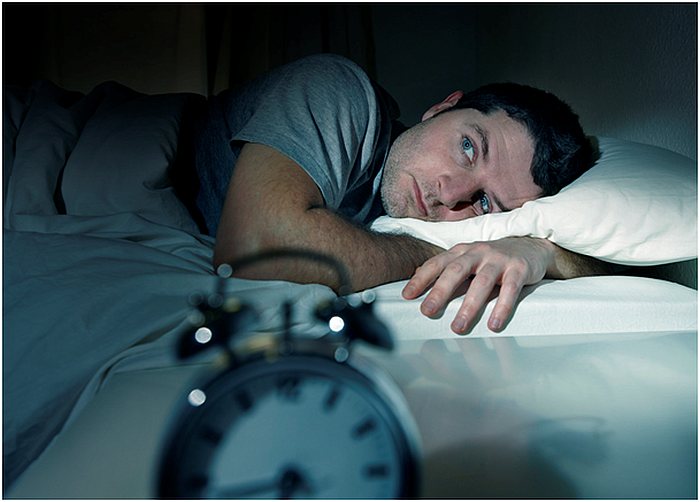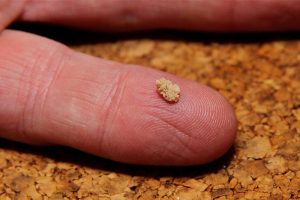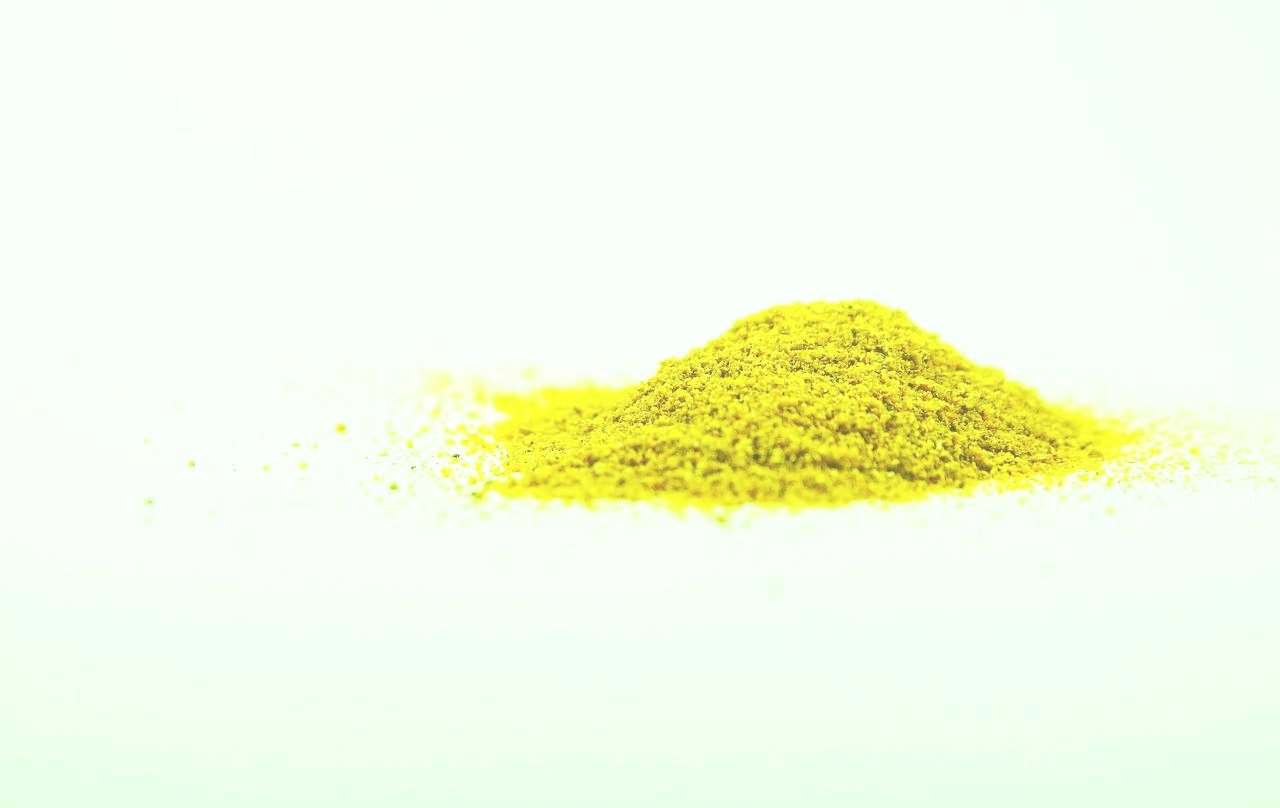Every day is made up of a series of choices, and most people have created unhealthy habits without knowing it. In the United States, 15% of adults have chronic kidney disease (CKD) and 90% of those individuals are unaware of their health condition. CKD can cause a variety of health problems including heart disease, kidney failure, stroke and premature death.

Fortunately, there are a number of methods to lower your risk of CKD and improve your kidney health. By understanding what lifestyle practices are harmful to your body, you can begin making simple changes.
Keep reading to learn seven ways you may be hurting your kidneys.
-
1. Ingesting Too Much Salt
Salt can sneak its way into your diet. When cooking, you might add it for seasoning, but salt also comes in high concentrations in most prepackaged food. Check the labels in the grocery store to determine the sodium levels. It’s been established that adults should only consume 1,500 milligrams of sodium each day, yet the typical diet contains double that amount.
Eating salt in excess can cause high blood pressure, which has been linked to heart failure and kidney problems. Choose items that are low-sodium or have no added salt. If you prepare dishes at home, season with other spices to keep salt intake to a minimum.
-
2. Drinking Alcohol in Excess
In limited use, alcohol can play a wholesome part in your life. However, abusing alcohol causes you to feel dizzy, exhausted and ill. It impacts your brain function, impairing your problem-solving and decision-making abilities.
By drinking in excess, alcohol strains your kidney’s ability to keep the blood clean. It puts more chemicals into the bloodstream, which can undo the kidney’s capacity to filter out toxins and purify the blood of alcohol content. Alcoholism will cause the body to dry out and can prompt high blood pressure and liver disease, which can trigger kidney disease.
Decrease your risk of developing health complications by limiting your alcohol consumption. One to two alcoholic beverages a day is considered a moderate amount for an adult.
-
3. Sleeping Poorly
If you’re experiencing restless nights or getting less than seven hours of sleep, your kidneys may be suffering. Kidney function is regulated by the sleep-wake cycle and its workload is dispersed over a 24 hour period. Individuals who sleep less usually experience faster kidney decline.

Furthermore, kidney problems may negatively affect sleep patterns because it is not efficiently filtering out impurities in the bloodstream. Ensure you are getting enough sleep at night so that your body can function effectively. If you experience insomnia or another sleeping disorder, contact a medical professional so that you can create a practical sleeping plan.
Routines that can negatively affect your body’s sleep quality include:
- Eating late at night.
- Using technology immediately before going to bed.
- Drinking caffeinated products in the evening.
-
4. Overusing Medications
Most people assume that medications only help the body, but some types can actually add strain to your kidneys and harm your liver.┬Ā Over-the-counter pain medicines such as┬Āacetaminophen and nonsteroidal anti-inflammatory drugs (NSAIDs) can be harmful to your body in large doses. Follow the instructions on the product based on your age and weight.
If you have a preexisting health condition such as heart disease, high blood pressure or kidney disease, talk to your pharmacist before taking these medications. Even the correct dosages may harm your health if you’re sick.
-
5. Smoking Tobacco
Smoking harms almost every organ in the body┬ĀŌĆö that includes your kidneys. Smokers have double the chance of developing kidney cancer and are four times more likely to get renal failure than non-smokers. They also typically experience protein in their urine, which is an indication that their kidneys are misfunctioning.

By quitting smoking, you reduce health risks and can slow the progression of kidney disease.
-
6. Not Drinking Enough Water
Dehydration occurs when your body does not have enough fluid for your organs to function properly. This may be as a result of your body using or losing more liquids than you are drinking. You feel sick when you’re dehydrated, and a lack of water leads to kidney stones and urinary tract infections (UTI).
It’s simple. Drink water regularly throughout the day and consume extra water if it’s hot outside or you are exercising. Talk to your doctor about the exact number of cups you should have daily.
-
7. Consuming an Abundance of Soda
Soda might taste good, but drinking too much may be wreaking havoc on your body. Consuming two or more carbonated sodas increases the risk of developing CKD. It also has been associated with diabetes, hypertension and kidney stones. In particular, cola beverages have been connected to urinary changes.
The best decision for your health would be to completely eliminate soda from your diet. If this is a challenge for you, then try and only digest a few carbonated beverages each week.
-
Why Your Kidneys Matter
When you think about the most important organs in your body, your first thought might not be your kidneys. However, your kidneys remove acid and other wastes from your body to maintain a healthy balance of salts, minerals and water. This ensures that your nerves, muscles and tissues all continue to function properly.┬ĀThey also make hormones that are essential to your blood and bone health.
Extensive kidney damage requires dialysis or a transplant. A study found that an estimated five to 10 million people die from kidney disease every year. By changing these lifestyle practices, you will reduce the risks of experiencing fatal kidney complications.
Mia Barnes is a wellness writing with an interest in overall bodily health. She is also the Editor-in-Chief at BodyMind.com.



Leave a Reply